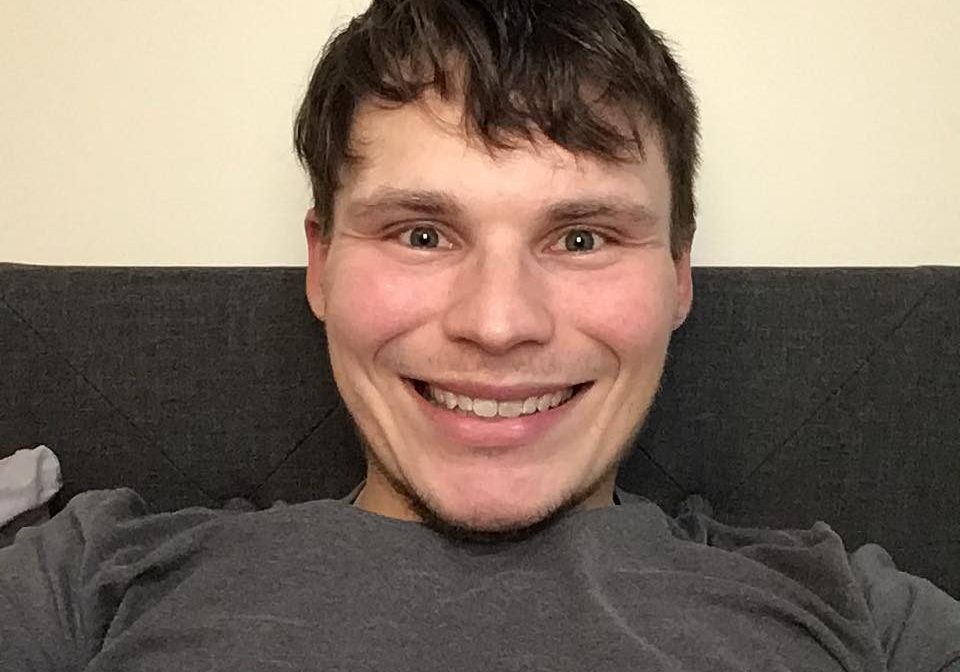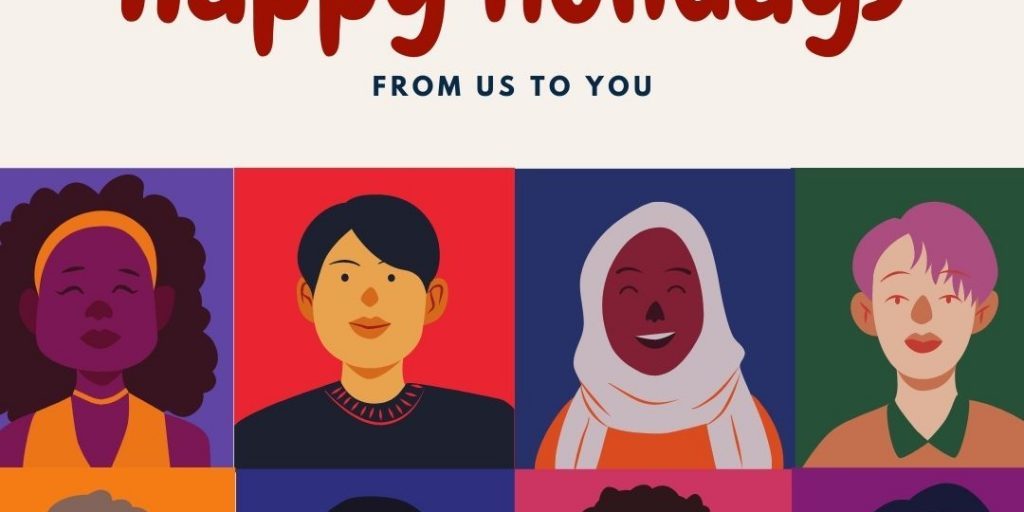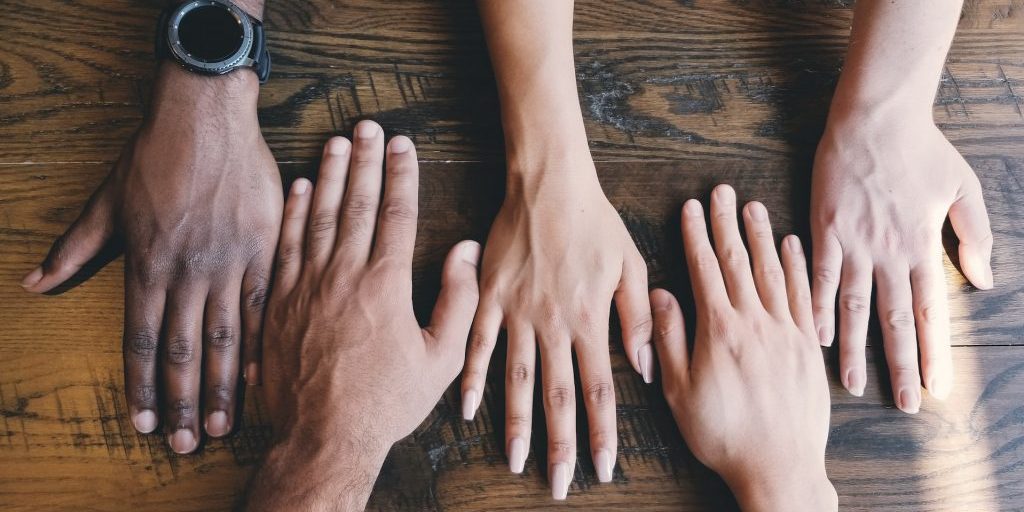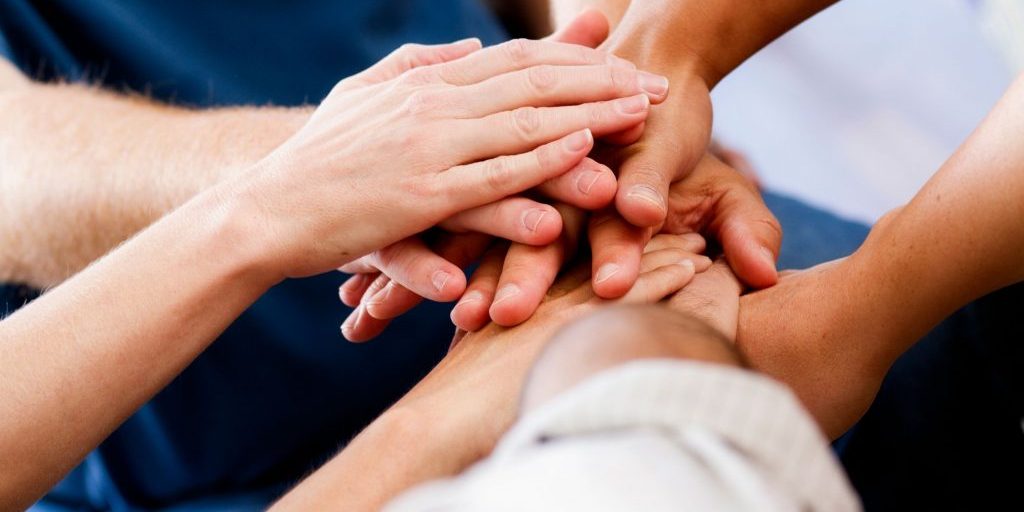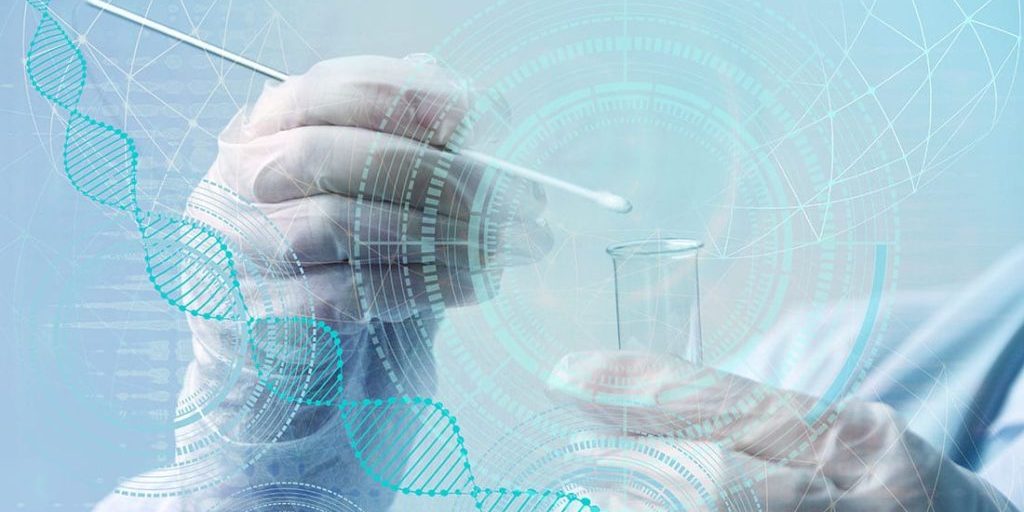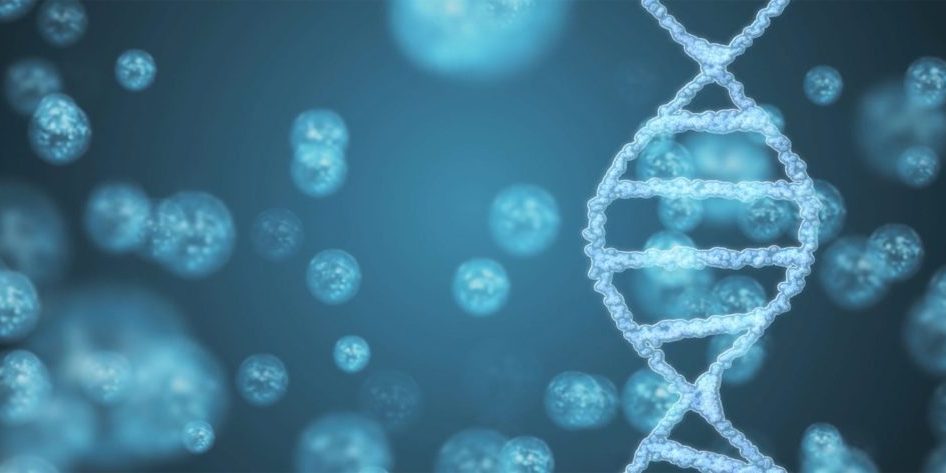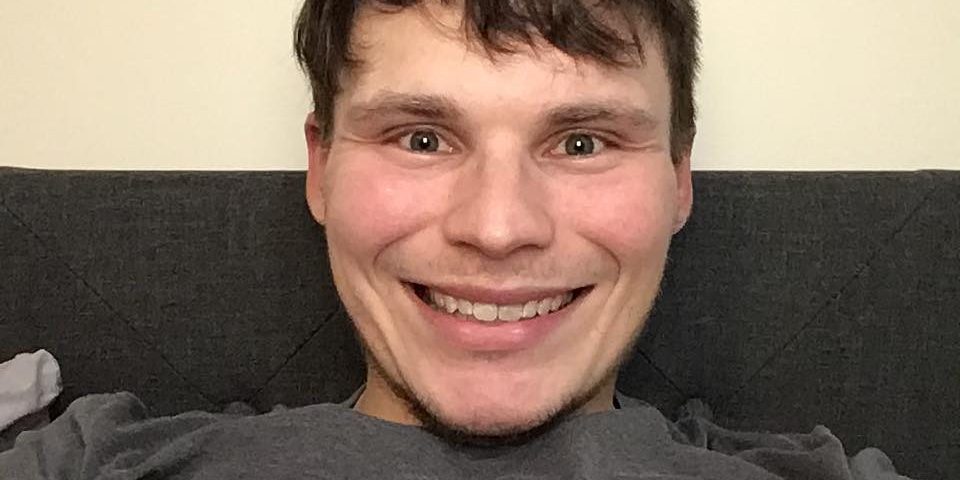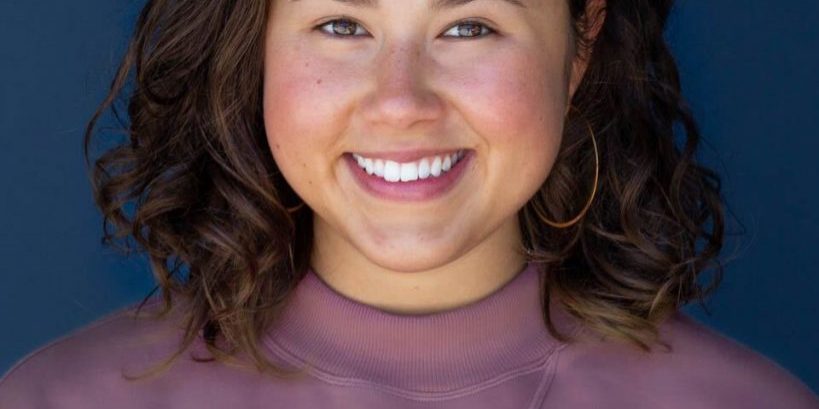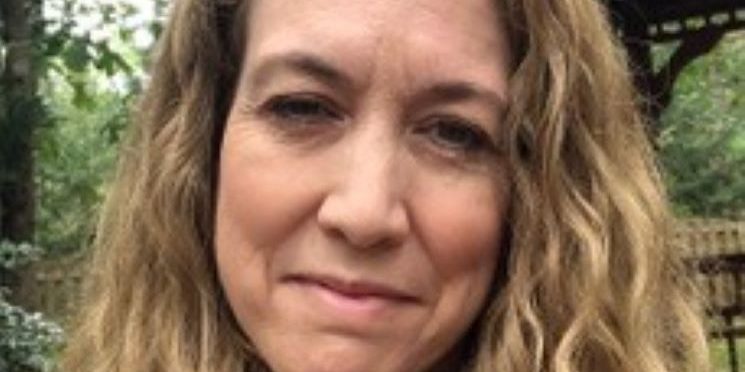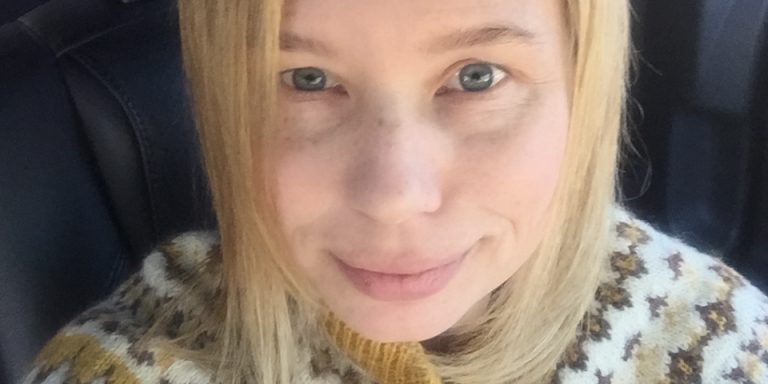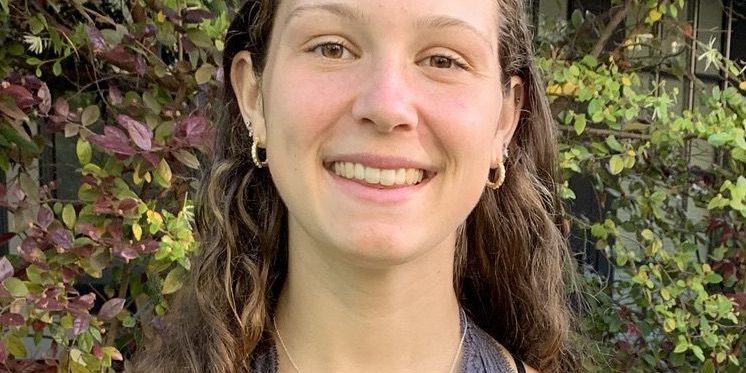Student, avid hiker & writer who battled anorexia nervosa for nine years, NEBRASKA
Jacob, 25, Nebraska, was diagnosed with anorexia nervosa at 15 years of age. He then spent the ensuing nine years battling this potentially devastating illness.
Throughout this period, Jacob’s illness compromised all aspects of his life – from his high school and college education, to his sporting pursuits, and relationships with his family, and friends.
Although receiving some initial support for his anorexia nervosa at high school, once in college, Jacob neglected to continue with treatment, until his illness had completely pervaded his life.
Lacking health insurance at the time made it difficult for Jacob to access treatment. Eventually, he turned to a counselor for support, and slowly but surely emerged from the depths of anorexia nervosa.
Today, Jacob has learned to manage the specific triggers for his illness. He has also incorporated the practice of “mindfulness” into his everyday life, to prevent him from sliding back into his old habits.
Given his first-hand experience with anorexia nervosa, Jacob has chosen to participate in the Eating Disorders Genetics Initiative (EDGI) – the world’s largest genetic research study of eating disorders ever performed. The study aims to identify the hundreds of genes that influence a person’s risk of developing anorexia nervosa, bulimia nervosa and binge eating disorder, to improve treatment, and ultimately, save lives.
He hopes for increased male participation in eating disorders research, and that by sharing his story, he can help shine a light on the non-discriminatory nature of these potentially devastating illnesses.
This is Jacob’s story.
Throughout his childhood and early teens, Jacob was overweight and regularly turned to food to supplement his emotions.
At 13 years of age, his mother tragically died. This catastrophic event coupled with Jacob’s unhealthy relationship with food and emotional insecurities, led Jacob to start restricting his food intake as a method of coping. He was also exhibiting obsessive compulsive tendencies at the time, which he asserts may have also contributed to the development of his eating disorder.
Jacob describes living with an eating disorder as both lonely, and terrifying.
“Living with anorexia nervosa was joyless, and confusing. I created a bubble that shielded me from my fears, but left me secluded, and stuck in my head,” said Jacob.
As Jacob’s weight dropped significantly, and his health similarly declined, he was no longer able to participate in the sports he once enjoyed.
“As a result of my eating disorder, I developed Chronic Venous Insufficiency (CVI) [malfunctioning of the vein valves in the lower leg, causing swelling and skin changes] in my legs, which, still to this day, causes me problems.
“I was often absent from high school so I could undergo treatment, and later had to drop out of college altogether because my anorexia nervosa had completely consumed me,” Jacob said.
Living with anorexia nervosa took a substantial toll on Jacob’s mental health, rendering him without friends, able to hold down a job, and with strained interpersonal relationships with his father, and brothers.
“Mentally, I was a mess, and on many occasions, I experienced suicidal thoughts because I hated my life. Anorexia nervosa didn’t play a role in my life. It became my life,” said Jacob.
Fortunately, Jacob is now on the path to recovery, and enjoying a new lease of life, regularly hiking, reading, and writing.
Jacob firmly believes genes play an important role in a person’s predisposition to developing an eating disorder, noting his close family members are similarly grappling with various mental health issues. To learn more about the genes that influence a person’s risk of developing an eating disorder, Jacob has chosen to participate in EDGI, and is urging Americans aged 18 and over, with first-hand experience of an eating disorder, to follow suit.
“Studies like EDGI are vital. Hopefully, findings from the study will further our understanding of the genetics and biology behind eating disorders, and will further propel future research.
“I encourage all Americans, particularly men with first-hand experience of an eating disorder, to participate. The more participants the EDGI research study has, the stronger the results will be,” Jacob said.
“You don’t have to fight your struggles alone, or to be embarrassed to seek help. Life can be beautiful, if you allow it to be.
“Not everyone gets to share their story, because they don’t live to do so. I’m thankful for this opportunity, and want others to know they too, can defeat their demons,” said Jacob.
Importantly, Jacob urges anyone living with an eating disorder to seek help from a healthcare professional without delay, and to live life to the fullest.

